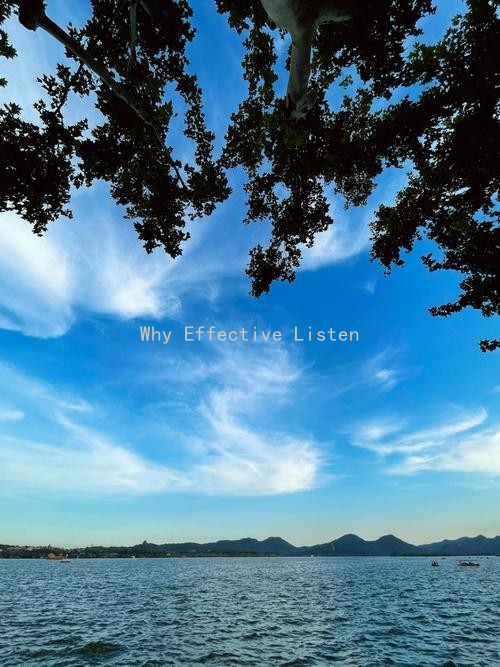Philosophical Foundations for Lasting Love: Techniques for Resolving Conflicts
In the realm of romantic relationships, the pursuit of lasting love often involves traversing through the complexities of human emotions, expectations, and conflicts. To build a lasting and meaningful relationship, it is essential to adopt philosophical foundations that guide our actions and communications. Understanding the intricacies of human interaction and employing effective techniques can significantly enhance the quality of our relationships. Here, we explore key philosophical principles and practical techniques that can help resolve conflicts, fostering deeper connections and enduring love.
At the heart of any relationship is the principle of empathy. Recognizing that every individual has their own unique background, perspective, and emotional landscape is vital. Empathy allows partners to step into each other’s shoes, fostering mutual understanding. To practice empathy, one technique is active listening. This involves fully engaging with one’s partner during conversations, validating their feelings, and reflecting back what you have heard to ensure clarity. This practice not only helps resolve conflicts but also strengthens emotional bonds.
Another essential philosophical foundation is the concept of self-awareness. Understanding one’s own emotional triggers and responses is key to navigating conflicts. When individuals are aware of their reactions, they can take a step back and approach situations more rationally. One effective technique for cultivating self-awareness is journaling. By reflecting on daily experiences, thoughts, and feelings, partners can gain insight into their patterns of behavior and emotional responses, allowing them to communicate more effectively during conflicts.
Communication itself is a cornerstone in any relationship, but it’s essential to approach it with clarity and intention. Philosophically, this aligns with the virtue of honesty. When conflicts arise, using “I” statements can help to express feelings without assigning blame. Instead of saying, “You never listen to me,” one might say, “I feel unheard when we discuss important issues.” This subtle shift encourages dialogue rather than defensiveness, paving the way for more constructive conversations.

Conflict resolution also requires an understanding of compromise, which is an extension of the philosophical idea of balance. Relationships thrive on give-and-take, and recognizing that both partners have valid needs is crucial. A practical technique to achieve this is the win-win approach—finding solutions that satisfy both individuals. When conflicts arise, partners should brainstorm together and explore different outcomes, focusing on collaboration rather than competition. This joint effort not only resolves the conflict but reinforces the partnership.
Another philosophical underpinning for lasting love is the idea of resilience. Relationships will inevitably face challenges, and how partners respond to these challenges often determines their longevity. Building resilience can mean developing a growth mindset, which encourages both partners to view conflicts as opportunities for growth rather than insurmountable problems. Techniques such as reframing the narrative around the conflict can be invaluable. Instead of seeing a disagreement as a failure, viewing it as a moment to learn about each other fosters a sense of partnership and shared growth.
In addition to these techniques, implementing regular check-ins can serve as a preventative measure to conflict escalation. Taking time to discuss feelings, needs, and experiences can create a culture of openness within the relationship. This practice aligns with the philosophical principle of intentionality; it demonstrates a commitment to prioritizing the relationship continually.
Ultimately, the journey of love is not without its complexities, but by grounding ourselves in these philosophical foundations and employing effective conflict resolution techniques, we can build relationships that are not only enduring but deeply fulfilling. By fostering empathy, self-awareness, honest communication, compromise, resilience, and regular connection, partners can navigate the turbulent waters of conflict together, emerging stronger and more united in their love.





